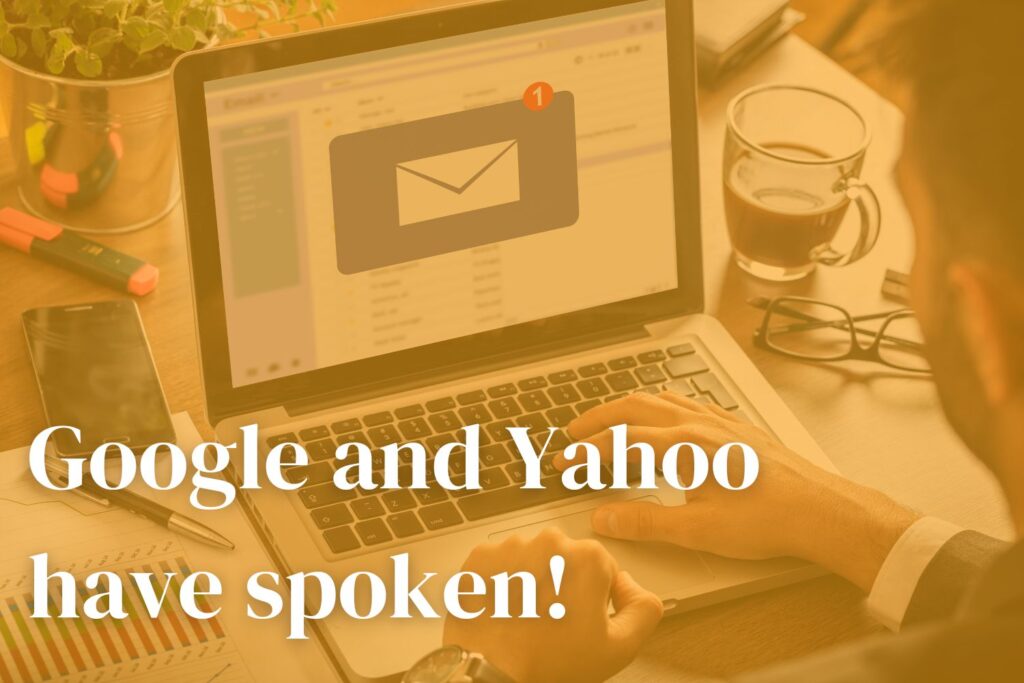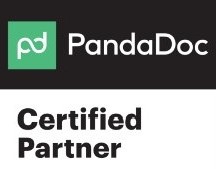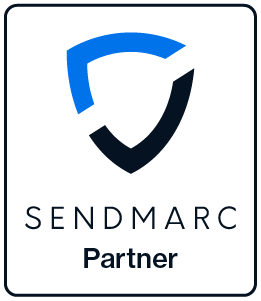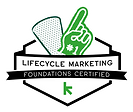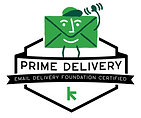Despite the explosion of new communication channels, email’s reign as the king of digital interaction continues. However, it is also a prime target for cybercriminals. Email phishing, where attackers send fraudulent emails to trick users into revealing personal information, is the most common type of cybercrime.
To combat this growing threat, email providers like Google and Yahoo are implementing stricter email authentication standards. These new standards are designed to make it more difficult for cybercriminals to spoof legitimate sender identities and deliver their malicious emails to users’ inboxes.
What is Email Authentication?
Email authentication is a set of protocols that help verify the identity of an email sender. This is done by checking the sender’s domain against a list of authorized senders. If the sender is not authorized, the email is either blocked or marked as spam.
There are several different email authentication protocols, but the three most common are SPF (Sender Policy Framework), DKIM (DomainKeys Identified Mail), and DMARC (Domain-based Message Authentication, Reporting & Conformance). SPF allows an email sender to specify which servers are authorized to send email on their behalf. DKIM uses cryptographic keys to sign emails, which helps to ensure that they have not been tampered with. DMARC builds on SPF and DKIM by providing a mechanism for email receivers to instruct email senders on how to handle emails that fail authentication.
Check your DMARC score here. (A score of at least ⅘ is recommended.)
Reach out to us for a free demo on how we can help you improve your DMARC score.
Why is Email Authentication Important?
Email authentication is important because it helps to protect users from phishing attacks. By verifying the identity of an email sender, email providers can prevent cybercriminals from sending emails that appear to be from legitimate companies or individuals.
In addition, email authentication can help to improve email deliverability. When email providers know that an email is legitimate, they are more likely to deliver it to the recipient’s inbox.
What are the New Requirements from Google and Yahoo?
The new email authentication requirements from Google and Yahoo are designed to make it more difficult for cybercriminals to bypass authentication protocols. The new requirements are as follows:
- All bulk senders must implement SPF, DKIM, and DMARC. DMARC (Domain-based Message Authentication, Reporting, and Conformance) builds upon SPF and DKIM to provide a more comprehensive approach to email authentication. It allows domain owners to specify how they want email providers to handle emails that fail authentication checks.
- Bulk senders must monitor their email sending reputation. Email providers will track the reputation of bulk senders and take action against senders who have a poor reputation.
What can I do to comply with the new requirements?
If you are a bulk sender, you can take the following steps to comply with the new requirements:
- Implement SPF and DKIM. There are many resources available to help you implement SPF and DKIM.
- Monitor your email sending reputation. You can use a number of tools to monitor your email sending reputation.
By complying with the new email authentication requirements, you can help to protect your customers from phishing attacks and improve your email deliverability.
Conclusion
Email authentication is an essential part of email security. By implementing the new email authentication requirements, Google and Yahoo are taking a significant step in the fight against cybercrime.
In addition to complying with the new requirements, bulk senders should also take other steps to protect their customers from phishing attacks, such as using a reputable email marketing provider and training their employees on how to spot phishing emails.
Check your DMARC score here.
(A score of at least ⅘ is recommended.)
Reach out to us for a free demo on how we can help you improve your DMARC score.
By working together, we can make email a safer and more secure communication channel for everyone.

